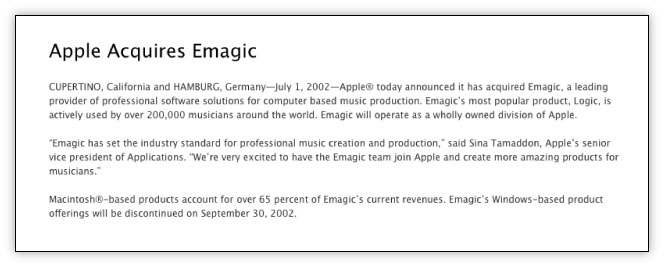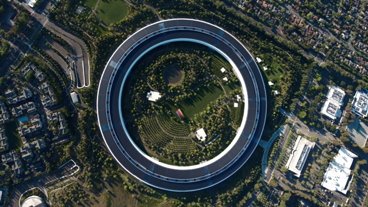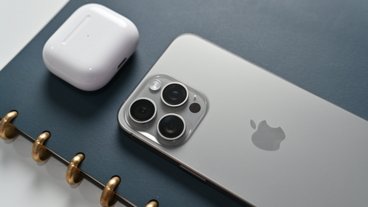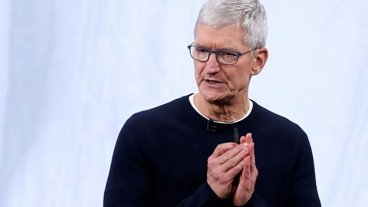Tight-lipped Apple could keep quiet on Beats deal thanks to SEC rules
Apple has rarely issued press releases trumpeting new acquisitions since the landmark 1997 deal for NeXT that brought Steve Jobs back into the fold, and the company's now-massive size could help it continue its silence even with a rumored $3.2 billion deal for Beats Electronics.
The U.S. Securities and Exchange Commission, the regulatory body that makes the rules for publicly-traded companies, requires the public disclosure of any "significant" acquisition activity by a regulated company. For most companies contemplating a $3.2 billion acquisition, that disclosure would take the guise of a press release and the filing of form 8-K with the SEC.
Apple, however, is not most companies.
The iPhone maker's sheer size means that even the reported multi-billion dollar Beats agreement might not be considered materially significant. That would allow Apple to prolong its decades-long streak of near radio silence when it comes to acquisitions, a policy that seems to suit current CEO Tim Cook just fine.
"And so you can bet that you will continue to see acquisitions and some of which we'll try to keep quiet and some of which seems to be impossible to keep quiet," Cook said of their competitive strategy during the company's last quarterly earnings call.
Is a Beats deal "materially significant?"
The SEC defines three tests that acquiring companies must perform in order to determine the "significance level" of an acquisition: the income test, the asset test, and the investment test. Broadly, each of these measures the relative size of an acquired company to its acquirer — the closer the two are in size, the more significant the deal is considered.
Because Beats is a private company, little is known about its overall financial situation. It's widely believed, however, that the Dr. Dre-backed headphone manufacturer brings in around $1.5 billion in revenue each year, allowing for some back-of-the-napkin income calculations.
Beats revenue would need to be at least 3x higher to be a "significant" buy for Apple
The SEC considers an acquiree significant when its pretax income is greater than 10 percent of the pretax income of its acquirer. Apple's pretax income for the last fiscal year was just north of $50 billion — meaning that even if all of Beats's $1.5 billion in revenue was included, it would still fall far short of 10 percent.
Even if an acquisition isn't deemed financially significant, it must be reported if it's considered material to the business. Methods of determining materiality aren't very well-defined, however, leaving it up to legal interpretation — Â which Apple watchers saw in action when the company took fire for going months without disclosing the health problems of then-CEO Steve Jobs.
According to the SEC, corporate officers must disclose "any known trends or any known demands, commitments, events or uncertainties that will result in or that are reasonably likely to result in the registrant's liquidity increasing or decreasing in any material way." In other words, they are required to tell investors if they're planning to spend a large chunk of the company's cash — but the threshold for just how much cash is considered "material" is mostly up to the company.
The U.S. Supreme Court has narrowed that definition only slightly, holding that information is material "if there is a substantial likelihood that a reasonable shareholder would consider it important" in making investment decisions or if it "would have been viewed by the reasonable investor as having significantly altered the 'total mix' of information made available."
Historically, Apple has considered other multi-billion dollar commitments — like the billions it often shells out in component supply prepayments — as materially significant expenditures and pointed them out on quarterly earnings calls. Those revelations have come fewer and farther between recently, though, as the company's cash hoard surged north of $150 billion.
Apple is so large now that they might just write off $3.2 billion as pocket change — and the government isn't likely to stop them.
 AppleInsider Staff
AppleInsider Staff












 William Gallagher
William Gallagher
 Christine McKee
Christine McKee
 Michael Stroup
Michael Stroup
 William Gallagher and Mike Wuerthele
William Gallagher and Mike Wuerthele


 Chip Loder
Chip Loder
 Andrew Orr
Andrew Orr







